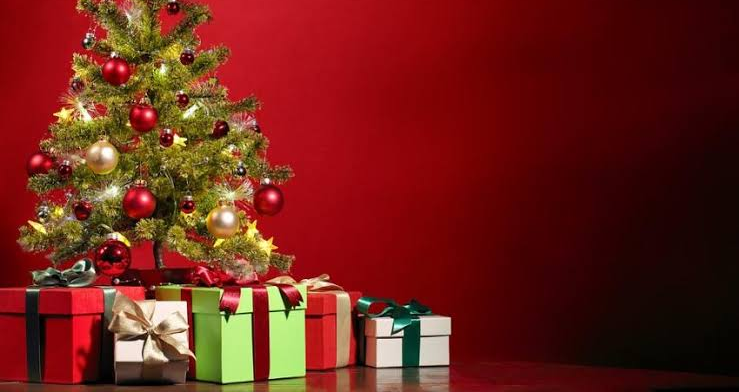
On December 25 of every year, the vast majority of Christians celebrate the birthday of Jesus. In doing this, these people engage in various activities and ceremonies. Many travel home from wherever they live on planet earth, while others use the period to felicitate their kith and kin. Also, those who lead houses of worship use the period to send goodwill messages to their followers, just as the leaders of the various town unions use the opportunity provided by the period to return home to hold meetings towards the overall development of their towns, just as many others engage in other social activities such as marriage ceremonies, launching of projects, presentation of gift items to relatives and friends and the like.
To mark the festival too, many family members usually buy new clothes for their members, particularly the younger and dependent ones, who usually feel joyous, mirthful and gay when they wear and appear in the new clothes and foot wears as they go to church worship and visit their loved ones later. Many of those who can afford it go ahead to buy new cars and other items for their spouses, relations and even friends and peers. Really, the Christmas period, which usually lasts for two days and which is often declared a public holiday, is usually full of fun, pomp and ceremony whereby people revel in splendour, grandeur and merry-making, and engage in other activities.
However, it may be important at this juncture to sound a note of caution towards the 2022 Christmas celebration among Nigerians, particularly in this era of economic quagmire and strangulation. As people engage in quantum spending in an attempt to buy all the things they need towards the celebration, they should remember that life will continue after the Christmas period when they will have to pay the school fees of their children in primary, secondary and tertiary institutions by January, next year.
Writing in his great work titled ‘Adventures in Power, Book Two – My March Through Prison,’ Chief Obafemi Awolowo had correctly observed and noted that, ‘Man naturally needs a little,’ just as Robert Schuller had insisted in his best-seller book, ‘Tough times never last but tough people do’ that “the me I see is the me I will be.” This is the reality of life we must, as individuals, agree with and accept. Most of the things we think we need are mere superfluity, unessential and unnecessary.
Apart from exercising restraint on unnecessary spending during this yuletide, those who are unable to travel home because they do not have the means to do so may well decide to stay where they are to celebrate Christmas and avoid stressing themselves. But insisting to do so because their neighbours and all others will travel home may not be a great decision. Therefore, this should not be the case.
Again, we must remember that during Christmas celebrations, many public health issues crop up which affect the health of the people. Overcrowding is one of them. As relatives, friends and people generally return home in large numbers, facilities and accommodation may become adequate and are overstretched. As a result, more than two and a half persons may sleep in a room contrary to the stipulation of the Public Health Law. When this situation happens, it can result in the spread of airborne diseases and other communicable diseases, including those that are sexually transmitted.
On the other hand, many road accidents occur during the yuletide because of certain factors like over-speeding. Many motorists travel at high speeds in an attempt to go for many trips in order to make more money. Apart from overloading their vehicles in the process, many of these motorists fail to provide good tyres for their vehicles while others fail to maintain their vehicles to ensure their roadworthiness.
So, as people prepare to celebrate this year’s Christmas Day and Boxing Day, efforts must be made to be responsible in all ramifications, particularly with regard to financial expenditure, and in the prevention of vehicular accidents and the spread of communicable diseases.
- Ogbonnaya Akoma writes from Abia State





